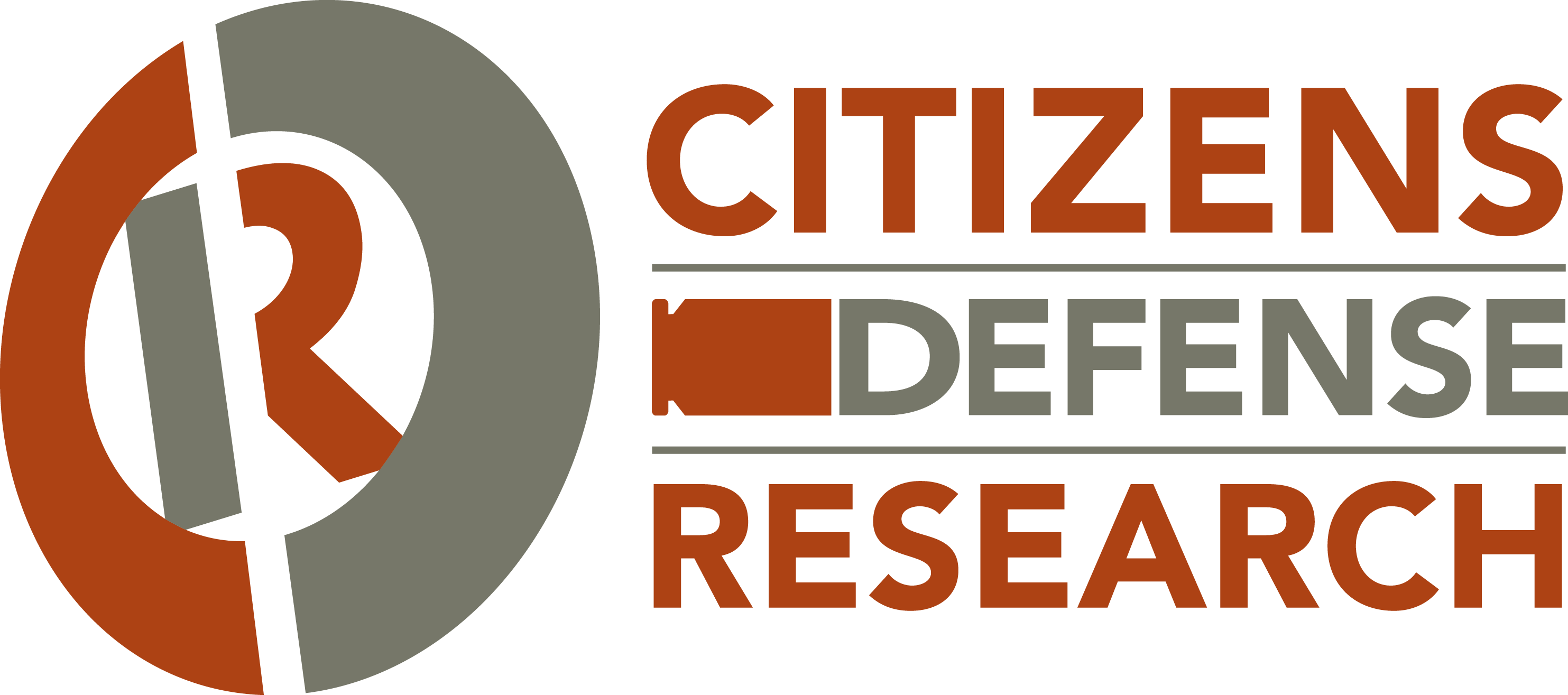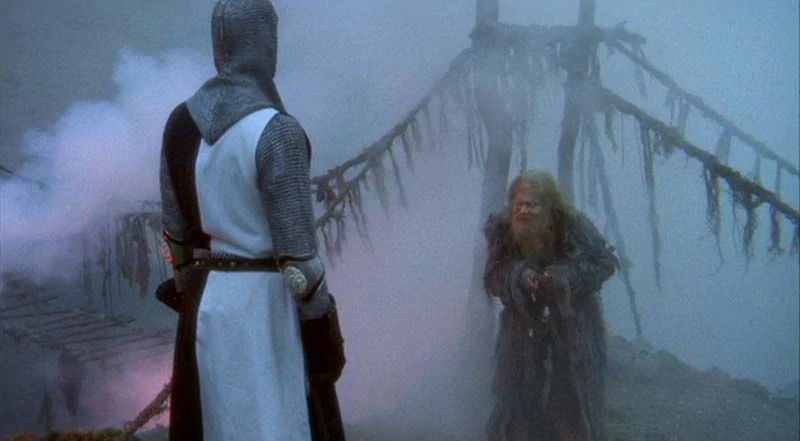Mindset: Process vs Outcome
How to minimize your stress and maximize your progress as you learn
Camp Mackall, NC, The Olden Times
Many years ago, I attended Special Forces Assessment & Selection, commonly known as SFAS or Selection. Selection Candidates are under considerable stress, and there is often a good deal of ambiguity about how one is doing in the process. This is by design. The standards are often murky or completely unclear in order to get you to do the best you can rather than just enough to get by. I had an epiphany early in Selection as I observed other guys there with me. I observed some Candidates would do poorly, or what they perceived as poorly, on a particular event, and they would start worrying that their candidacy was hopeless. Stress upon stress would compound their mistakes, and as things snowballed downhill they would either completely fall apart, or often even quit to spare themselves what they perceived as pointless suffering in a hopeless cause. They were focused on each event as an outcome, instead of one step in a then 24-day process, and had trouble moving past mistakes to get the next step right.
Seeing this, I thought about the Selection Cadre’s consistent instruction to us at the conclusion of every event briefing: “Do the best you can.” I realized what I needed to do to avoid the mistakes I had seen in others: Simplify my thinking. I decided to consciously focus only on what I could control. That is, doing the best I could do at the current assigned task. Whether my best was good enough wasn’t something I needed to worry about. Selection had assigned seasoned professionals as cadre to assess us against a metric that was carefully and painstakingly developed in order to identify and select suitable candidates for Special Forces training. So I just needed to listen to the instructions and do the best I could to carry them out with maximum focus and effort, and let the assessors assess me and let them decide if I had the qualities needed in a Special Forces Soldier. This process-focused mindset allowed me to simplify my thinking, reduce stress, and let go of mistakes I made in the process. Gratifyingly, I was selected, completed Special Forces training, and had the privilege of serving many years among some of the best soldiers in the world. I also learned something about developing the proper mindset for learning and assessment environments.
Training Mindset
Now that I am an instructor for Citizens Defense Research, teaching primarily private citizens and peace officers, I see that same SFAS phenomenon manifest during our classes. The attendees will be given a shooting task. They will often have preconceived notions about how well they should do on this shooting task in terms of outcome. Then, if they do not get the outcome they want, they become frustrated and begin “pressing” and applying more effort when effort isn’t the deficiency, and their performance actually deteriorates the harder they try. Paradoxically, I typically do not have outcome expectations on most shooting tasks I assign the attendees in my class, at least during the learning portions of the class. Instead, I am looking for them to improve their process. Typically, I am taking a large skillset, like say…shooting a handgun quickly and precisely, and breaking it down into bite-sized portions, and I am only focused on helping guide a student through improving on a specific part of the process the majority of the time.
For example, let’s say I watch a student shoot a string of fire, and I believe they are gripping the gun too lightly. So I might provide them instructions on strengthening their grip, with a specific emphasis on crushing the gun with their pinky fingers. Then I will have them shoot the string again. After they are finished, they will typically be looking only at their target (outcome) to see if they shot better. On the other hand, I am not even looking at their target, and instead was wholly focused on the one aspect of the process I told them to focus on: their grip and pinky fingers. If they did what I asked them to do, then I consider that a successful improvement of their process. If their outcome is still less than ideal, or perhaps even worse than before, I don’t even care. Why? Because it’s likely that, in their intense focus on the one thing I asked of them, some other aspect of their shooting, like sight picture/sight alignment suffered. That’s okay, because we can tackle that aspect of the process next. Refine enough aspects of shooting a handgun, to the point the process is solid throughout, and the outcome we want will be there for the taking. However, it’s got to be one step or bite at a time, instead of looking at the whole journey and expecting to arrive at the destination now, or looking at the whole elephant and expecting to eat it in one bite.
What can we learn and apply from all this? It’s really very simple: If you’re trusting an instructor with your time and money, trust them to manage your journey through process of learning, and take a microscopic perspective of winning and making progress. The journey of improvement is winding and often non-linear. Sometimes when breaking old, bad habits, you might get worse for a little while before you get better. That’s okay. It really is. Rather than focusing on outcomes, focus on small victories within the process. If an instructor asks you to perform some very small and specific task regarding your draw stroke, grip the gun, seeing the sights, or pressing the trigger, and you do that specific task successfully, that’s success at that very moment, even if you screwed up a bunch of other stuff at the same time. If you shoot an amazing string of fire in a class and everyone is clapping and yelling acclaim, but you don’t know how you did it and can’t replicate the same level of performance on demand, in the context of training and practice thats a loss. Conversely, if you shoot the same string of fire and don’t shoot as well as you hoped, perhaps throwing a couple of shots or finishing over the “time standard,” but afterward you know what part of the process you performed poorly and have a plan for improving that on the next string of fire, do you know what we call that? Winning. For long-term progress in the long-term journey that is the pursuit of shooting competency and excellence, I’ll take the latter scenario over the former every time.
So what?
So the next time you take a shooting class, try to suppress your urge to compete with and compare yourself to the other students. You have no control over how well or poorly they shoot. Try to let go of any expectations of how well or poorly you should perform, especially if this is your first time taking a particular class. Trust your instructor to guide you through the learning process, and focus all your energy on the process of completing your next assigned task. Your only broad goal should be to execute the process better than your previous self from yesterday. The point is to be better in the afternoon than you were in the morning when you arrived at class. The way to do that is to shut out the external comparisons and focus intently on what you can control: Performing each subsequent step of the assigned process to the best of your ability. Listen to your instructions, focus on executing them with each step in turn, and… do the best you can.

